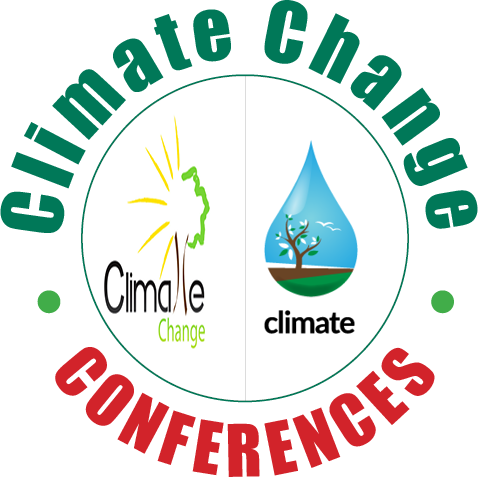
Fabiana Barbi
University of Campinas, Brazil
Title: Mitigation strategies in Brazil and China:A review of the last 20 years
Biography
Biography: Fabiana Barbi
Abstract
This paper analyzes the internalization process of the climate issue at the government level in Brazil and China. This analysis is based on three points: i) Trajectory of greenhouse gases emissions in Brazil and China, (1992-2016); ii) Political and institutional structures mobilized to the climate issue, focusing on mitigation; iii) Political responses related to climate change, through a historical reconstruction of policies related to climate change mitigation. The results of our analysis show that there has been a change in the profile of greenhouse gases emissions in Brazil. Land-use change and forestry sector has no longer been the most responsible for emissions since 2010. However, all other sectors have increased their emissions. In China, the emission growth level has declined reflecting the country's efforts in the installation of low carbon power generation and improvements in energy intensity. In Brazil, there was a significant increase in the production and systematization of studies and reports, which can assist the design and implementation of climate policies. China has also made some progress in this direction. In Brazil, the climate issue internalization process is characterized by three phases: i) establishment of political-institutional and scientific structures engaged with the issue; ii) development of political and scientific climatic agenda; iii) development of climate policies and strengthening scientific agenda. The national policy agenda is focused on the implementation of sectoral plans, to meet the voluntary mitigation targets established by the National Climate Change Policy. In the Chinese case, the process has two phases: the first, is more focused on combating air pollution, whereas the climate issue stands as secondary focus of action and the second, more proactive regarding concrete commitments on climate change, with the establishment of the National Climate Change Program and the National Leadership Panel on Climate Change.

